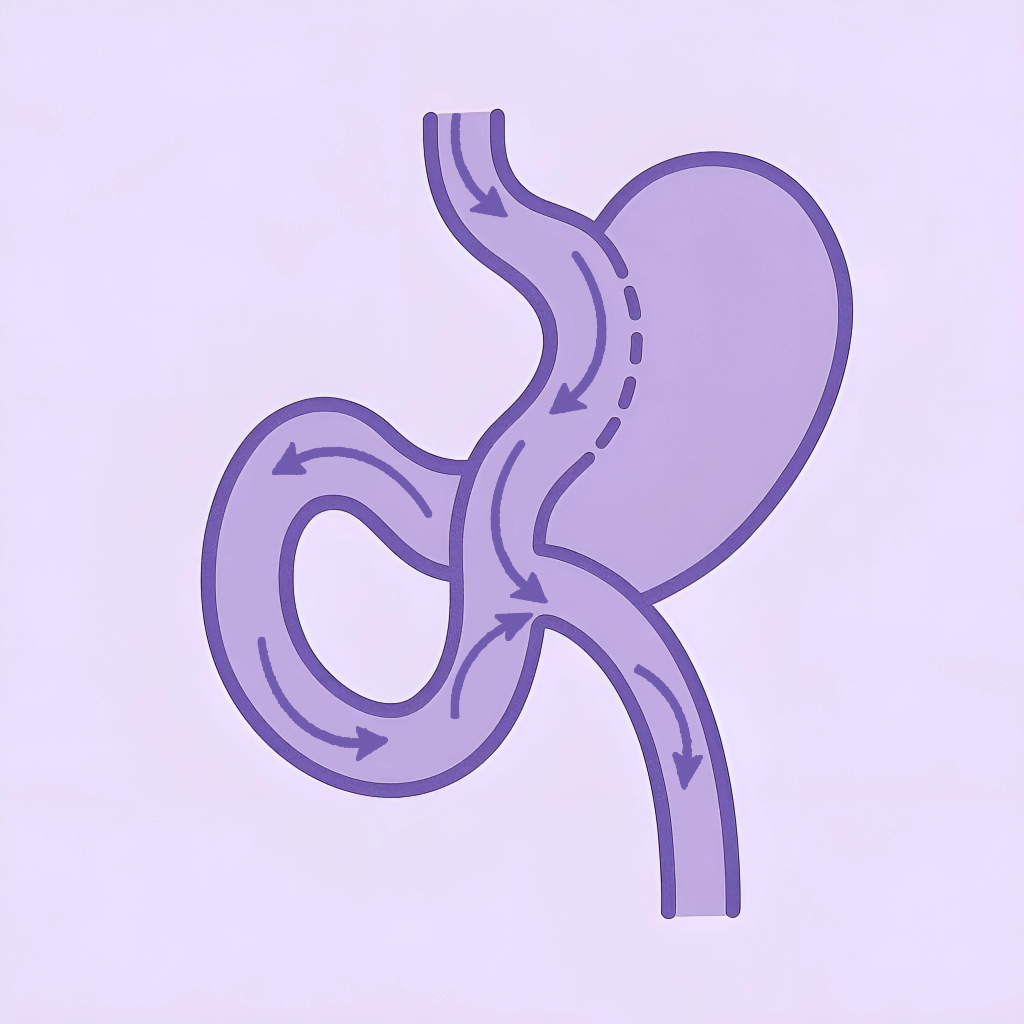Cáncer de Páncreas







El cáncer de páncreas es una enfermedad en la que se forman células malignas en el páncreas, a menudo propagándose antes de ser detectado.
Descripción General
La cirugía es una opción de tratamiento primaria para el cáncer de páncreas cuando el tumor está localizado y no se ha diseminado de manera extensa. Dependiendo del estadio y la ubicación, puede ser necesario extirpar parte o la totalidad del páncreas. La cirugía a menudo se combina con quimioterapia o radioterapia para mejorar los resultados y reducir el riesgo de recurrencia.
Varios factores aumentan el riesgo de desarrollar cáncer de páncreas. El tabaquismo, la obesidad, la pancreatitis crónica, la diabetes y la edad avanzada (la mayoría de los diagnósticos ocurren después de los 65 años) son factores importantes. Un historial familiar de cáncer de páncreas o síndromes genéticos heredados, como las mutaciones en BRCA2, el síndrome de Lynch y el síndrome FAMMM, también incrementan el riesgo. Los estudios sugieren que una combinación de tabaquismo, diabetes de larga duración y una mala alimentación aumenta aún más la probabilidad de desarrollar cáncer de páncreas.
Síntomas y Diagnóstico
Los síntomas del cáncer de páncreas a menudo aparecen en etapas avanzadas y pueden incluir dolor abdominal que irradia hacia la espalda, ictericia (color amarillo en la piel y los ojos), pérdida de peso no intencionada, problemas digestivos, orina oscura, heces de color claro, picazón en la piel y fatiga. Algunos pacientes también desarrollan diabetes o experimentan dificultad para controlar la diabetes existente.
El diagnóstico incluye pruebas de imagen como tomografías computarizadas (TC), resonancias magnéticas (RM) y tomografías por emisión de positrones (PET), que ayudan a detectar tumores y evaluar la propagación del cáncer. La ecografía endoscópica (EUS) permite un examen más detallado y la toma de muestras para biopsia. Las pruebas de sangre, incluidos los marcadores tumorales como CA 19-9, pueden ayudar a monitorear la progresión de la enfermedad y la respuesta al tratamiento.
Tratamiento
El tratamiento depende del estadio del cáncer, la ubicación del tumor y la salud general del paciente. La cirugía es la mejor opción para los pacientes con cáncer de páncreas localizado y tiene como objetivo extirpar completamente el tumor. La quimioterapia se utiliza con frecuencia antes o después de la cirugía para reducir los tumores o destruir las células cancerosas restantes. La radioterapia también puede combinarse con otros tratamientos para controlar el crecimiento del tumor.
Para los casos avanzados, se pueden considerar terapias dirigidas e inmunoterapia, especialmente para los pacientes con mutaciones genéticas específicas. Si la cirugía no es una opción, los tratamientos paliativos se centran en el alivio de los síntomas y la mejora de la calidad de vida.
Detalles del Procedimiento
La cirugía del cáncer de páncreas implica la extirpación del tumor y los tejidos circundantes afectados para prevenir la propagación del cáncer.
Se administra anestesia para la comodidad del paciente.
Se realiza una incisión en el abdomen o se establece un acceso laparoscópico.
Se extirpa la porción afectada del páncreas.
Se realiza el procedimiento de Whipple para tumores en la cabeza del páncreas, pancreatectomía distal para tumores en la cola, o pancreatectomía total si es necesario.
También se extirpan los ganglios linfáticos cercanos y, en algunos casos, porciones del estómago, conducto biliar o intestinos.
Se reconstruye el sistema digestivo y se completa el procedimiento.
Recuperación
La recuperación depende de la extensión de la cirugía. La mayoría de los pacientes permanecen en el hospital de una a dos semanas y gradualmente hacen la transición de una dieta líquida a una dieta sólida. Los cambios digestivos, la fatiga y el dolor temporal son comunes, pero son manejables con el apoyo médico.
El cuidado posterior incluye modificaciones dietéticas, terapia de reemplazo de enzimas y visitas de seguimiento para monitorear la curación. El manejo a largo plazo puede requerir ajustes en el estilo de vida, apoyo nutricional y tratamientos adicionales como la quimioterapia, si es necesario.
Tiene preguntas sobre su tratamiento?

Preguntas Frecuentes
Encuentre respuestas a consultas comunes
Necesita soporte personalizado?
Envíenos un mensaje por WhatsApp para obtener una respuesta rápida; respondemos en minutos
En qué tipos de procedimientos quirúrgicos se especializa el Dr. Gül?
Qué factores convierten a Turquía en un destino de referencia para procedimientos quirúrgicos?
Cuál es el tiempo de recuperación habitual para la mayoría de las cirugías?
Qué procedimientos bariátricos ofrece la clínica?
Cuánto peso se espera perder después de una cirugía bariátrica?
Qué idiomas habla el Dr. Gül y su equipo?
Será necesario tomar suplementos después de la cirugía bariátrica?
Cubren los seguros estos procedimientos?
Es posible combinar el tratamiento con un viaje a Turquía?
Qué tipo de soporte postoperatorio está disponible?
Nuestra experiencia

Manga Gástrica
La gastrectomía en manga es un procedimiento bariátrico mínimamente invasivo que consiste en la resección de aproximadamente el 80% del estómago

Bypass Gástrico Mini
Simpler, less invasive gastric bypass for significant weight loss and diabetes control.

Balón Gástrico
El balón gástrico es un procedimiento no quirúrgico y temporal para la pérdida de peso que consiste en colocar un balón suave e inflable en el estómago para reducir el hambre y limitar la ingesta de alimentos.
Siga al Dr. Gül en Instagram





